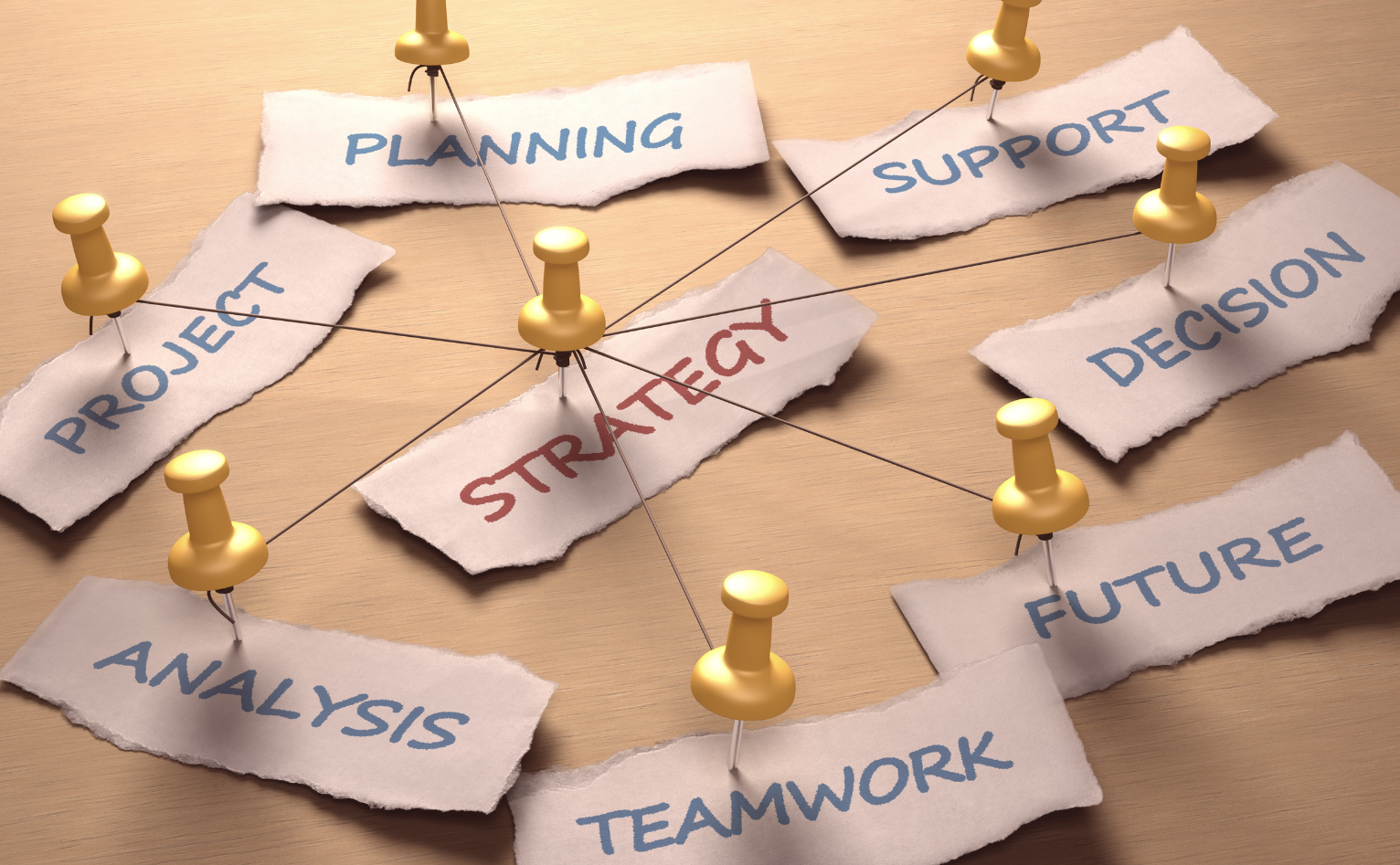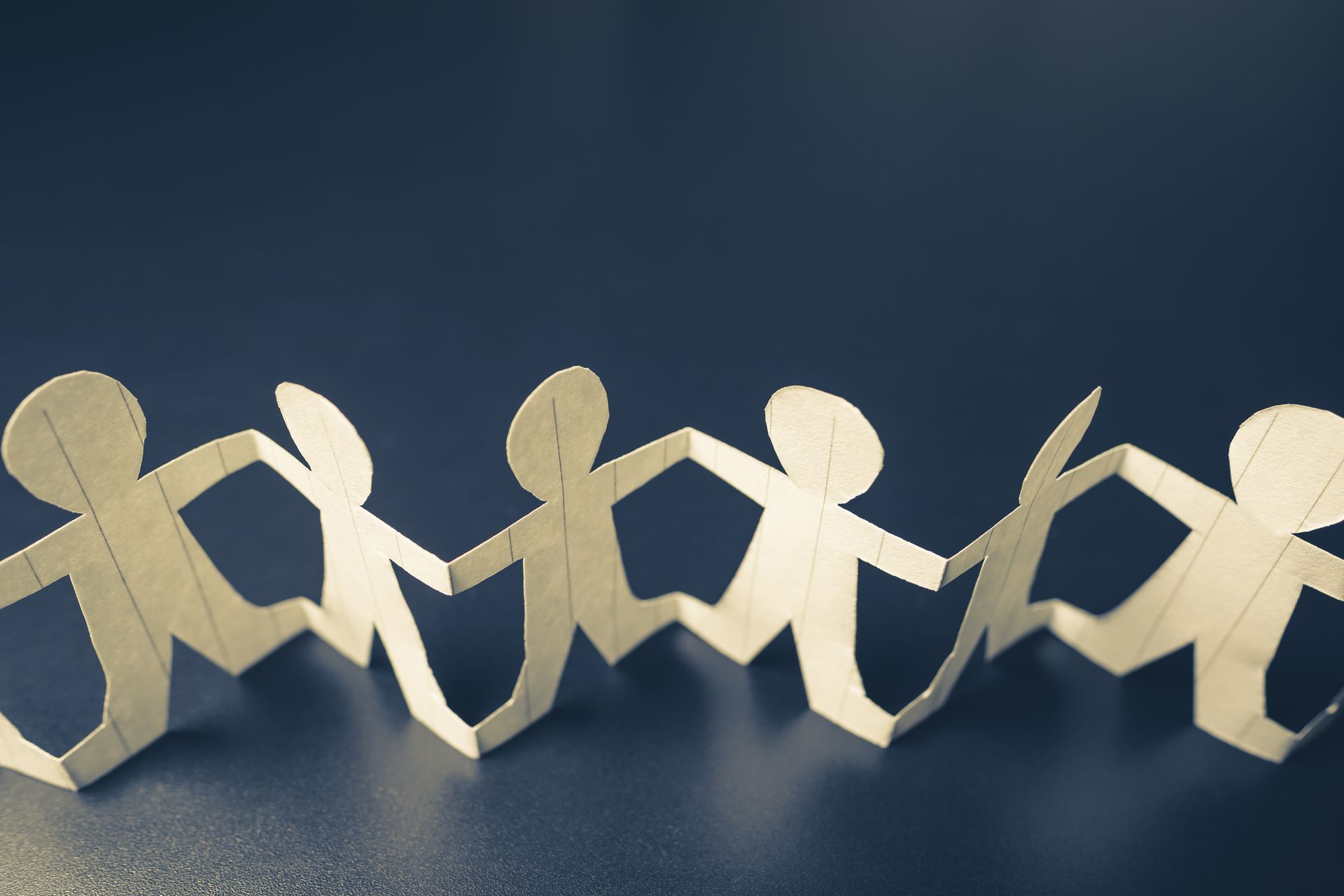What’s the Story on the Rights of Humans?
Human rights are rights we all have because we exist, we live, we breathe. They are not given by a state or religion or other body of power. They are inherent and universal to us all, regardless of nationality, gender, ethnicity, religious practices, color, or any other label and have been codified in the United Nations Universal Declaration of Human Rights. Human rights range from the most basic—food, education, health, housing, work, the right to live, and liberty—to the right to choose how one participates in and is entitled to that realization for their dignity. These fundamental rights push back against the concept of the “other.” As long as we are alive, we share this world, we blend.
These rights and how they are enacted are supported by Eleanor Roosevelt’s remarks at the Tenth Anniversary of the Universal Declaration of Human Rights held at U.N. Headquarters in 1958. Having served as the first Chair of the U.N. Commission on Human Rights, she acknowledges that we must all strive to ensure that these rights are available to all. She states that the work starts at very intimate levels:
“Where, after all, do universal human rights begin? In small places, close to home — so close and so small that they cannot be seen on any maps of the world. [...] Unless these rights have meaning there, they have little meaning anywhere. Without concerted citizen action to uphold them close to home, we shall look in vain for progress in the larger world.”
— Eleanor Roosevelt, United Nations, 1958
Who is the other?
In a time of discord and division, it can seem all too easy to blame or focus on “otherness” as the root of our difficulties. What box do people want to put me in? There have been times of unity between Muslims, Christians, Jews, people whose skin might be some shade of black, brown, red, yellow, or white, where harmonious interaction and life side by side created the opportunity for growth in civilization. Sadly, today few of our societies emulate that perspective. Too often, we allow deep fear to serve as our guide. Much of our world population cannot “see” the other and, out of “other” fear, we choose to dehumanize those who seem different. That allows us to treat people as a detached number, it allows us to not feel pain when “the other” is erased, all because they seem to be different from us.
Let’s reset and get to know each other
In my work as a consultant on legacy development and philanthropy, and as a board member for Refugees International and Advisory board member for the Auschwitz Institute for the Prevention of Genocide and Mass Atrocities, the rights of humans are always at the forefront of my attention. For example, when the work is in respect of financial resources for the underserved, the first questions that arise are: who, what and how will financial resources for the underserved be accessed? Who will direct those opportunities? If the work is around food security, the same question will arise. The narrative becomes a dilemma of causality: who has the right to access food and who controls the access to something as fundamental as food. If you are hungry, you may also be ill and unable to participate in education options, economic activity. What has happened to the human rights of those affected?
As a result, I have become invested in and intertwined with human rights and inequality reduction. How we choose, as professionals in sustainability, to support the rights of those impacted may need to be re-evaluated or changed up to reignite options and opportunities. Going back to Eleanor Roosevelt, it starts in small places. It is how we chose to treat each other, how we participate. In a presentation and discussion by a group of thought leaders from a variety of fields in 2019, I came to appreciate how human rights are not a zero-sum game. As one participant stated, no one loses their rights when everyone else has theirs. However, it is easy to fall into the quagmire of which right has privilege over another. A new social contract is needed so that individuals and communities can imagine coming together, working together, helping each other in times of need or plenty, and sharing the same environment for the benefit of all, prioritizing their communal needs.
The value of personal narrative
Sharing our personal stories or narrative allows us to find places of connection and shared interest, thereby taking away the fear of the unknown and allowing reflection on the path ahead. In all the work that one may do to further human rights, the telling of stories can guide how we might navigate or pivot with respect to implications and challenges of choosing civil and political rights over economic, social, and cultural rights, for example. Stories allow us to connect at deep levels and share commonalities, creating new relationships, connecting communities and perspectives. In my journey, I talk to people on the subways of New York, because I want to know their stories. A compliment on a pair of shoes gave me a gift. With enthusiasm, the wearer told me that her shoes were originally her wedding shoes in Pakistan. Each wearing, she is reminded of her home in Pakistan and what she has created in New York, her journey—first as a refugee, now as a teacher. The shoes remind her of the rights she has now versus those denied her in her home country, and she relayed that she will go back if she feels she would be able to participate safely as she does in New York. This exchange was a reminder for me of the importance of work in human rights.
What you can do today
As you consider Human Rights Day this year, consider one thing you could do that would have a positive impact on one person, or reflect on what you would be willing to give up to allow someone else to experience a better life. Sometimes we are so deeply connected to the work we lead that we lose sight of cognitive biases or of small opportunities around us that can lead to more impactful insights and results. Take a few moments to reflect on your work, put yourself in the shoes of others and imagine their lives from another vantage and how your efforts support beneficial changes in their life. Engage your colleagues, their perspectives are likely to be different, even if nuanced. Would you change anything you do in order to make one person’s life better, today, this week, this month, this quarter, this year? Each small act of kindness, compassion, and empathy begets another and brings us closer to realizing the rights of others.
We all live our lives within the parameters we grow up with and what we have experienced, with what we chose to keep and what we chose to discard. Are you religious or not, carnivore or not, wealthy or not, of color or not? Using such designations allows us to separate and believe we have nothing in common with each other. Fundamentally, regardless of where we live, we all want the same things in life: to participate in our lives, that of our families and our community and the larger world; to be able to care for ourselves and for our families, to feel safe and loved, to be able to live with ourselves. Our journeys may be different, yet where we end up is much the same place.
Enabling human rights is essential to creating sustainable development opportunities across the globe. The lack of access to basic rights and resources impedes populations' economic participation. And the lack of economic possibilities hampers access to the basics that sustain healthy communities. It feels a little like the chicken and the egg conundrum. By staying people-focused we have the opportunity to create the change we seek, inclusive of all the rights of humans while re-imagining development.
PHOTO: Radek Homola | Unsplash | Deserted refugee camp in Calais, France
About the Author:
Liz Stern
Board Member, Refugees International
Advisory Board Member, Auschwitz Institute for the Prevention of Genocide and Mass Atrocities
Read perspectives from the ISSP blog



